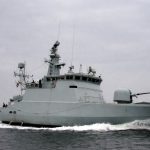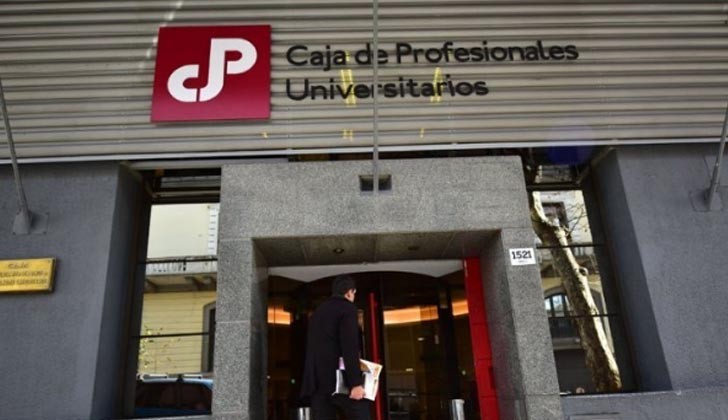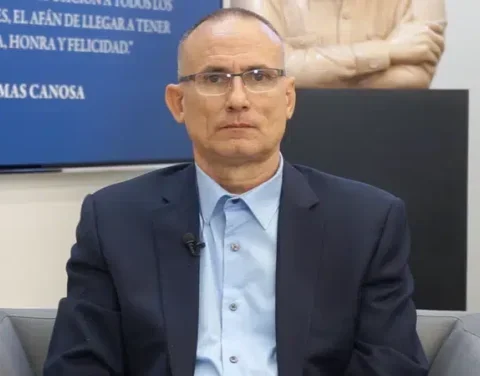Bogotá decided not to remain in static devices that measure pollution, so it decided to take 26 cargo trucks and measure how emissions behave in real time, taking into account the dynamic operation of the vehicle and how traffic congestion, the weight of the load and driving, affect the production of emissions.
(Countries that are at risk of disappearing due to climate change).
Thus, the city begins to access a precise diagnosis of how serious this contamination is and thus be able to begin to confront it.
The Clean Transportation Pilot Project is carried out by the alliance ‘Bogotá, intelligent territory’ with formed by the Andi, ProBogotá, Tigo, the EAN University and the Rosario University. This alliance has been in place since 2019 and seeks to provide the city with data capture and analytics capabilities to solve urgent problems for citizens, in terms of air quality and logistics.
During the event, Leonardo Rodríguez, Research Manager of the EAN University, explained, step by step, the development of the project. An IoT (Internet of Things) device was designed and installed in 26 cargo vehicles of companies affiliated with Andi, through which a technology was launched that managed to measure and visualize the greenhouse gases of the real-time freight forwarding. The members of the alliance monitored the possibilities and opportunities offered by this methodology, thanks to all the information collected by the devices and which was then processed and uploaded to a platform for consultation and analysis..
(Contamination would increase cases and deaths from covid-19, according to studies).
The findings represent an advance in the capture of information related to the emissions of freight vehicles, in a more direct and precise way, with respect to the measurement methodology currently used by the city with the monitoring stations, which average the performance of emissions -in the case of freight vehicles- under general criteria and in a “static” manner. This methodology, on the other hand, allows us to understand directly and from the source how emissions behave in real time, taking into account the dynamic operation of the vehicle and how vehicular congestion, the weight of the load and driving, affect the production of emissions.
The Clean Transportation Pilot will continue to run, now with the support of the Inter-American Development Bank (IDB) that, after evaluating the potential of the project and qualifying it as a successful practice, will contribute US$125,000 to scale this methodology to a greater number of vehicles and establish a technical conversation with the District Secretary of the Environment to influence the environmental regulation of freight transport in Bogota.
The data and measurements obtained during the execution of the Pilot are available and open for consultation, through the website https://transportelimpiobog.com


















